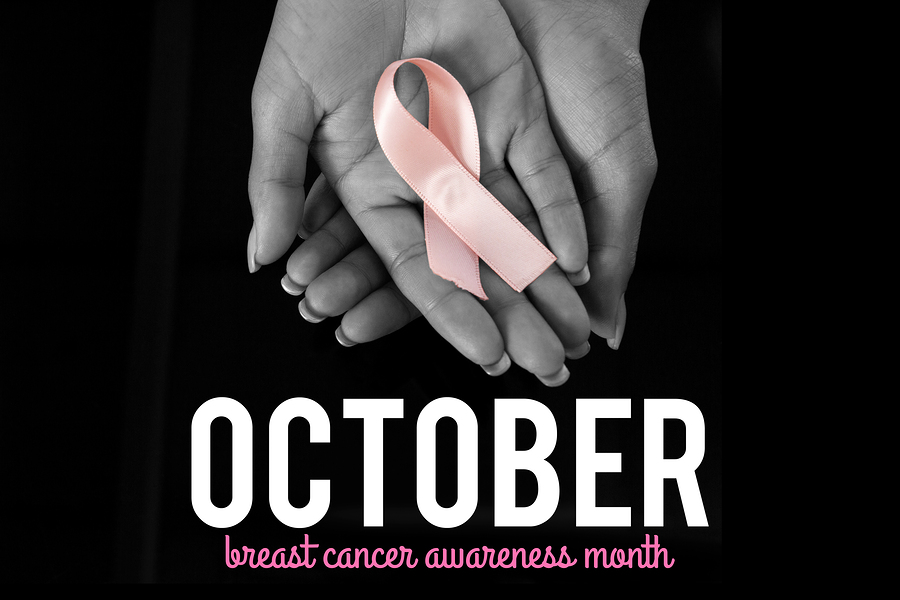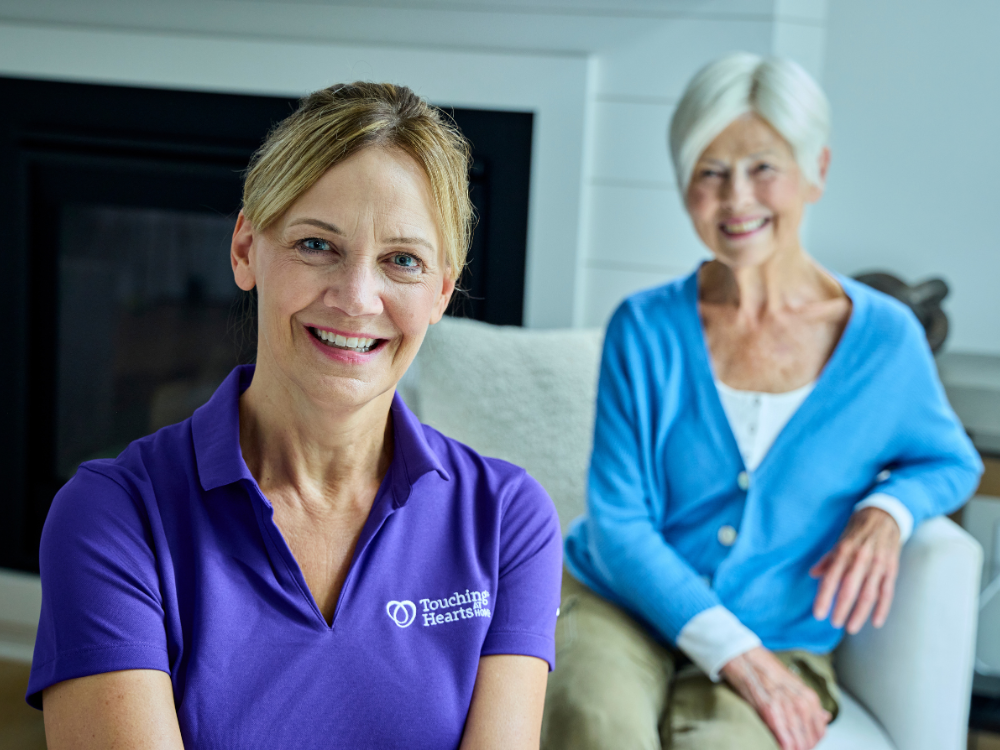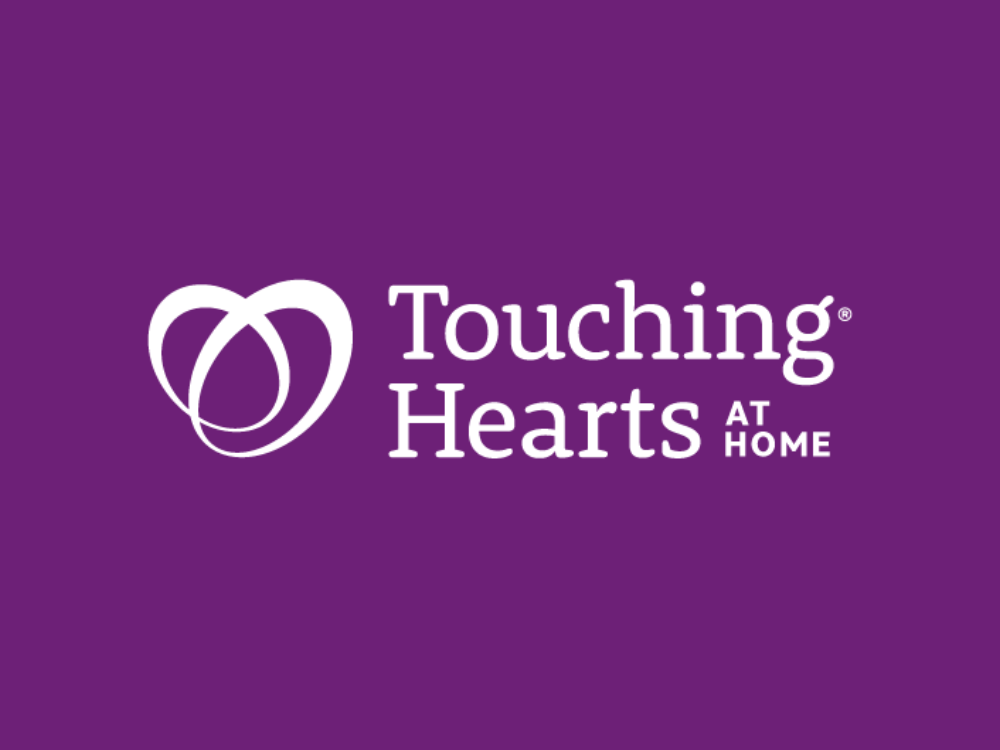Know The Risk Factors for Breast Cancer
The hope is that with more awareness about the factors associated with increasing the risk of developing breast cancer, those with a higher risk percentage will be intentional about routine exams and self-checks. But remember, some people with high risk never develop the disease while some people with no risk will get breast cancer.
Uncontrolled Risk Factors
Let’s look at some risk factors your loved one cannot change but should be aware that they increase the risk of developing breast cancer:
- Age. Getting older increases a person’s risk of developing many cancers, including breast cancer. The majority of breast cancers are diagnosed after 50.
- Having dense breasts. Because dense breasts have more connective tissues, they can make spotting a tumor more difficult on mammograms, allowing it to grow longer than it should. They can also make it hard to detect lumps on self-checks.
- Having inherited gene mutations. With testing now, individuals can test to learn if certain gene mutations run in their family. If your loved one has either the BRCA1 or BRCA2 mutation, it can increase her risk for either breast cancer or ovarian cancer.
- Reproductive history. Women who started their menstrual cycles before the age of 12 and/or didn’t begin menopause until after 55 are at a higher risk due to more hormone exposure.
- Family history. A person’s risk of breast cancer is higher if a close relative has also had breast or ovarian cancer.
Controllable Risk Factors
Now, let’s look at some risk factors your loved one can strive to reduce. She can enlist the help of a home care provider or her physician to help her make some lifestyle changes to reduce her risk of developing breast cancer.
- Stop drinking excessive alcohol. If your loved one drinks a lot, she increases her risk for breast cancer. Have her home care provider help her find non-alcohol or lower-alcohol versions of the drinks she likes to reduce how much alcohol she consumes.
- Stop smoking. Smoking increases the risk of many cancers. Help your loved one find a cessation program that works for her.
- Not exercising. Being physically active helps reduce the risk of breast cancer. Help your loved one find an activity she enjoys and then stick with it. Having a home care provider join her on walks or take her to the local pool is one way to help ensure she won’t skip getting needed exercise.
- Being overweight. If your loved one is obese, talk to her doctor about the best way to help her lose the extra weight.
Knowing the risks is the start of awareness for Breast Cancer Awareness Month.
Reference
https://www.cdc.gov/cancer/breast/basic_info/risk_factors.htm
If you or an aging loved one are considering home care in Abilene, KS, please contact the caring staff at Touching Hearts at Home Central Kansas today. Call 620-603-0685.
Touching Hearts at Home Central Kansas is a Trusted Home Care Agency Barton, Dickinson, Edwards, Ellis, Ellsworth, Great Bend, Hutchinson, Larned, Lyons, Marion, McPherson, Newton, Pawnee, Rice, Reno, Salina, Sedgwick, Stafford, and the surrounding areas.




